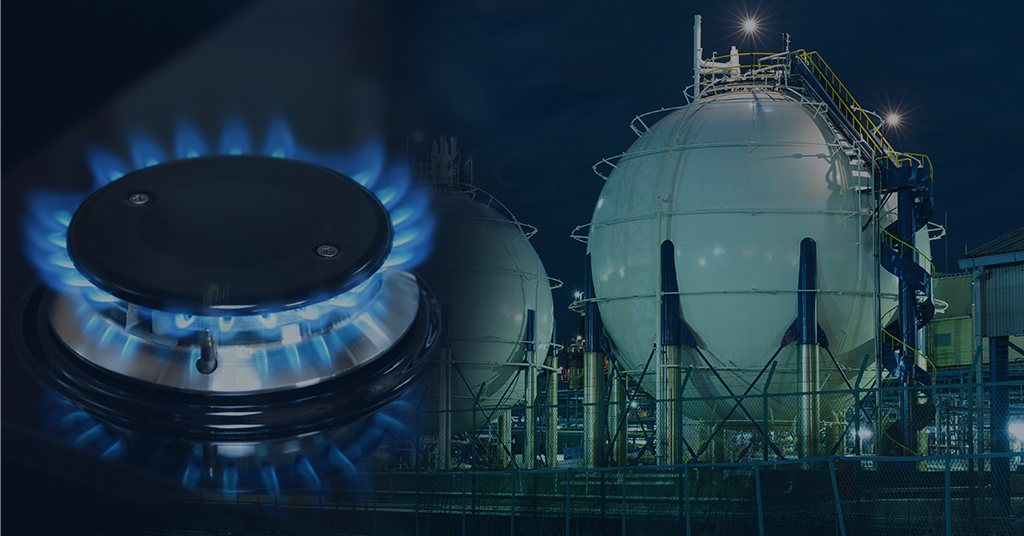Welcome To ChemAnalyst

Germany: Diesel stockpiles in Germany are dwindling and it could be costly to replace the gap left behind. Even though the current demand is low, traders in Germany anticipate a surge in prices as the reserves are exhausted. The decline in stockpiles initiated after the EU imposed a ban on Russian Diesel on 5 February. Some importers still have enough reserves to delay the purchase of new cargoes, but it is unlikely to last for long as they acknowledge that they will have to resupply sooner or later.
According to recent developments, the spot market is slowly reviving, exhibiting a modest surge in cargo arrivals during March. Sellers, who are not from Russia and want to transport their cargoes to Germany, have reported that certain buyers have already started actively seeking such cargoes during the past month. Nevertheless, there had been a lack of interest in January due to the abundance of affordable Russian product flooding the market, followed by little interest in February.
According to reports, the Diesel and gasoil arrivals at Germany's northern ports took a significant hit, plummeting to just 180,000 tonnes in February. This accounts for only a fifth of the volume recorded in the previous month of January. Although there was a notable bounce-back in March, with the volume scaling up to 450,000 tonnes, it still falls short of the average monthly figure of 600,000 tonnes in the current year.
According to traders, there is still some Russian-origin diesel in storage facilities in Germany, which was purchased at a discounted rate prior to it becoming illegal to import. In the prior year, 70% of the shipment arrivals were from Russia, whereas, in March, the key sources of fuel were from the Middle East and Scandinavia.
German buyers re-entering the global spot market are facing stark changes due to sanctions. Cargoes delivered to German ports are now noticeably pricier than those delivered to northern France or the Amsterdam-Rotterdam-Antwerp (ARA) region. The reason being the latter is now flooded with low-cost Long Range 2 (LR2) cargoes from east of Suez that dominate inflows to that area.
While Wilhelmshaven, the single German port with the ability to receive fully loaded LR2s filled with Diesel, it lacks adequate inland infrastructure to transfer the Diesel to other ports making it necessary to reload the Diesel onto smaller vessels to reach its destination.
According to traders, Germany and Poland are now situated at the end of the line for Europe's new Diesel imports, resulting in increased transportation costs compared to their competitors in northwest Europe. This is a significant shift from their previous position at the front of the line. While Germany has the advantage of being able to import from Nordic suppliers like Neste, the volume is insufficient to meet the country's import demands. Moreover, Finland and Norway have permanently closed refineries, which puts a structural limitation on the volume of Diesel Germany can import. Traders have also noted that Diesel importers have fewer term contracts in place for this year, following the expiration of the old Russian ones. As a result, spot prices may become more sensitive to demand and stock levels.
The ongoing seasonal maintenance of refineries has led to a faster depletion of German stockpiles. Bayernoil's refinery in Bavaria, which has a capacity of 207,000 barrels per day (b/d), will be partially shutdown until the end of April. The Ingolstadt refinery, with a capacity of 100,000 b/d, which is operated by Gunvor, is also undergoing maintenance. In addition, PCK's Schwedt refinery, which has a capacity of 226,000 b/d, and BP's Lingen refinery, with a capacity of 94,000 b/d, are both scheduled to undergo maintenance work in April.
In March, German importers were advised to delay their purchases due to a rise in Diesel prices caused by the French strikes. Some large quantities of Diesel moved from Germany to France by road in October during the previous French refinery strikes. However, traders have noted that the latest round of strikes has temporarily increased the supply of Diesel in the global market, as shipments into France have been obstructed. There is a possibility that when the strikes end, French buyers might return to the international spot market urgently, which could lead to a stretched international supply, especially if German buyers also need to replenish their tanks simultaneously.
According to recent reports, there was a significant spike in the Diesel premium against North Sea Dated crude, with an increase of nearly $10 per barrel compared to the previous month, which reached a peak of $35.12 per barrel on 17th March. However, the premium decreased substantially by 30th March, despite French refining activity being severely disrupted during this time.
We use cookies to deliver the best possible experience on our website. To learn more, visit our Privacy Policy. By continuing to use this site or by closing this box, you consent to our use of cookies. More info.
